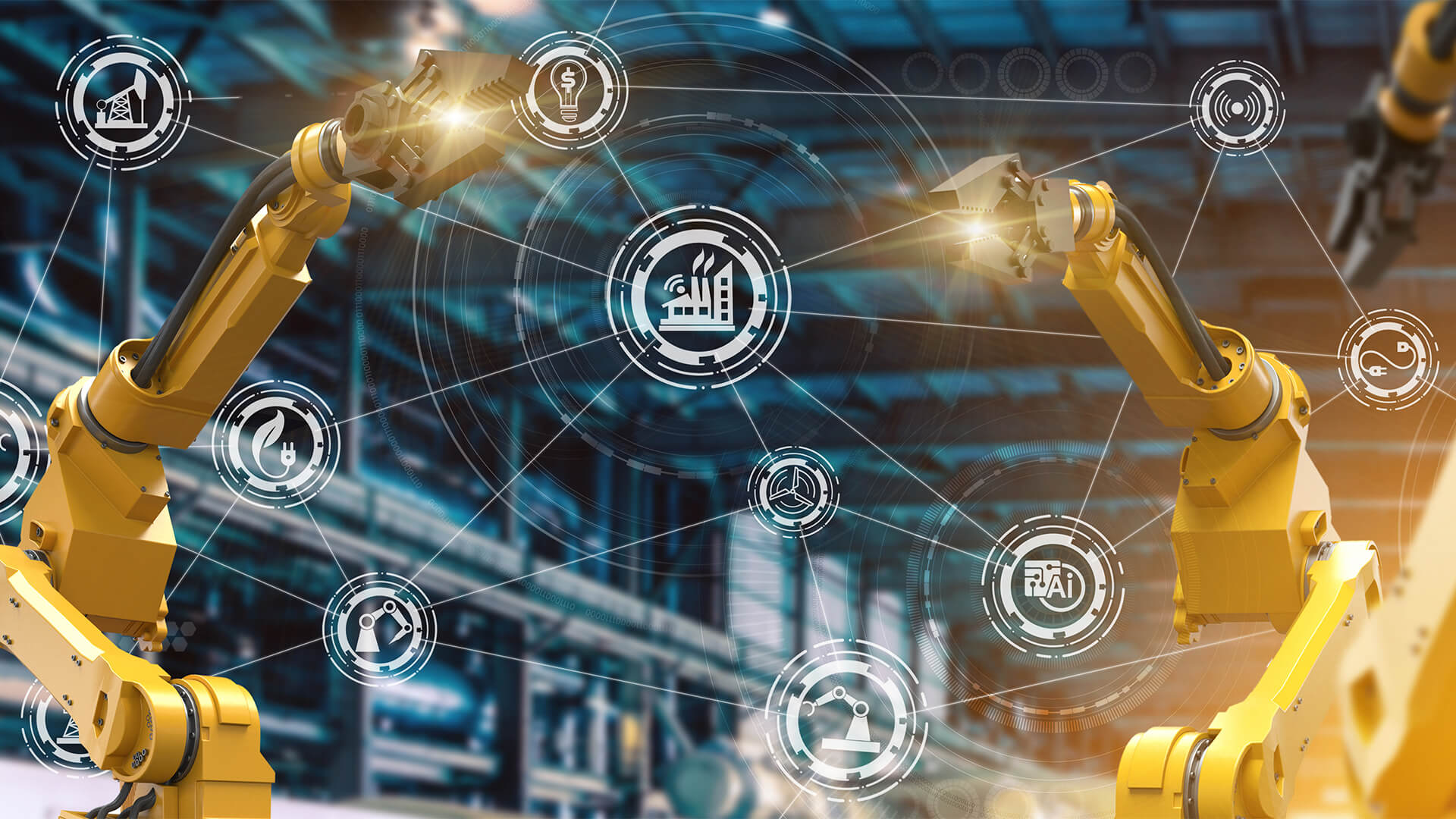A silent revolution is reshaping the manufacturing landscape, driven by the emergence of materials informatics. This transformative approach leverages the power of data, artificial intelligence, and machine learning to revolutionize product development and manufacturing processes, combining the advantages of sustainability and cost efficiency. Materials informatics is not only reshaping traditional manufacturing processes but also serving as a transformative force in the industry. With the capacity to leverage extensive datasets, companies can analyze, interpret, and apply unprecedented insights, expediting product development and enhancing the understanding of materials.
Moreover, the collaborative nature of materials informatics allows manufacturers to access shared databases, tapping into collective intelligence that propels innovation industry-wide. This collaborative ecosystem cultivates a sense of community among manufacturers, with each participant contributing to and benefiting from the wealth of insights derived from data analytics and machine learning.

Materials Informatics and Sustainability
Amid escalating environmental concerns, the manufacturing sector faces growing demands to embrace sustainability. Materials informatics emerges as a pivotal ally in this pursuit, enabling companies to scrutinize data on material properties, life cycles, and environmental impacts. Through informed decision-making, businesses can develop eco-friendly products, positioning manufacturing as a proactive contributor to global environmental objectives. The dual focus on innovation and sustainability fosters transparency, allowing companies to communicate their sustainable practices to consumers and cultivate trust and brand loyalty.
Materials informatics is driving the integration of circular economy principles within manufacturing. Companies are actively exploring strategies to prolong material life cycles, reduce waste through recycling initiatives, and create products with a more sustainable end-of-life disposition. This comprehensive approach aligns with the overarching vision of establishing a circular and regenerative manufacturing ecosystem.
Materials Informatics and Cost Efficiency
In addition to its environmental impact, materials informatics plays a pivotal role in enhancing cost efficiency within manufacturing. Companies can realize substantial cost savings by optimizing processes, efficiently utilizing resources, and minimizing waste through data-driven insights. The ability to identify cost-effective materials and production methods empowers manufacturers to maintain competitiveness in a challenging market landscape. Moreover, insights from materials informatics enable strategic decision-making regarding technology investments and process optimization, ensuring long-term financial sustainability.
Materials informatics facilitates the implementation of predictive maintenance models, minimizing downtime and extending equipment lifespan. This proactive maintenance approach not only reduces operational costs but also enhances overall production efficiency, contributing to a more resilient and adaptive manufacturing infrastructure.

Transforming Manufacturing: The Impact of Data-Driven Innovation
As materials informatics gains momentum, it redefines the future of manufacturing through data-driven innovation. Companies embracing this transformative approach enhance their product development capabilities and contribute to a more sustainable and cost-efficient industry. The collaborative synergy between human expertise and technological advancements is paving the way for a manufacturing landscape prioritizing innovation, efficiency, and environmental responsibility. The growing emphasis on data ethics and responsible AI practices ensures that data-driven innovation aligns with societal values and ethical considerations.
The adoption of decentralized manufacturing models, facilitated by materials informatics, promotes greater agility and resilience in the face of global disruptions. This shift towards localized production, supported by data-driven decision-making, positions manufacturers to respond more effectively to changing market dynamics, reducing dependencies on centralized supply chains.
Summary
In the era of data-driven innovation, materials informatics emerges as a guiding force, steering manufacturing towards a future where sustainability and cost efficiency harmoniously coexist. This powerful combination not only redefines how products are made but also reaffirms the industry’s commitment to shaping a more responsible and forward-thinking tomorrow.
